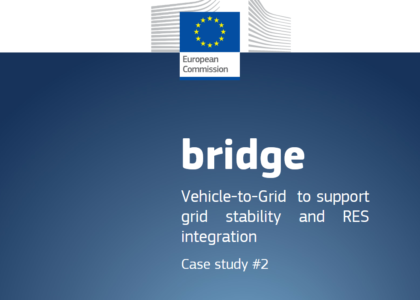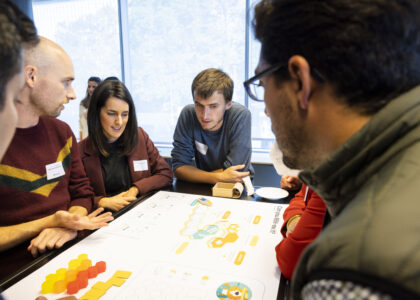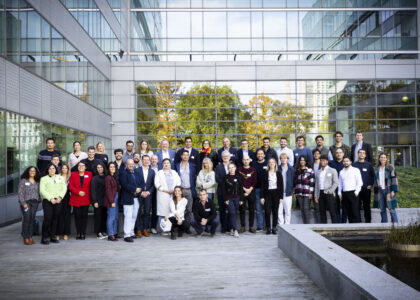by Stella Arapoglou – Project Manager – Vrije Universiteit Brussels
Additional investments of 180 billion are required to achieve the EU’s 2030 targets[1] and a great number of obstacles (e.g. legal frameworks) are still in the way of Local Energy Communities (LECs). The H2020 RENAISSANCE Project is planning to offer a different approach to facilitate the process of effective replication.

image credits: Unsplash
In order to adapt to the new needs of society, for example charging electric vehicles, the electrical grid needs to be upgraded for increased capacity. Adding smart technology to the actual setup is promising a reduction of required investment in order to achieve the same results. A fairly good way to adopt and organise the introduction of these smart solutions are the LECs.
As the Project is still in its first year of implementation, results will not be delivered for the next few months. However, the first few months have been very productive. The first phase of the Project focuses on planning and orchestrating how global upscaling and replication of LECs can be feasible, without extraordinary investment.
A report[2] by M.L. Lode, researcher within the RENAISSANCE Project, summarizes the approach, tools and procedures that will be tested in real-life sites in Europe and globally[3] (Pilot Sites and Replication Sites), all following the MAMCA[4] sequence: required input, assessment methods, tools, such as surveys or assessment templates, etc. Accordingly, the main parts of such a procedure would be environment analysis, scenario developing, KPIs selection and measurement, business models development.

The novelty of the RENAISSANCE framework lies in the fact that the approach takes under serious consideration the stakeholders’ opinions and social acceptance in each pilot site, alongside with environmental, technical and financial factors. Given the support of the local community and stakeholders, LECs have greater chances of succeeding and being productive, efficient and effective, fighting against the local population’s resistance to the energy transition[5].
Watch the video:
[1] https://cor.europa.eu/en/news/Pages/unlocking-the-potential-of-local-energy-communities-.aspx
[2] Requirements, expectations and objectives for each demo site
[3] https://www.renaissance-h2020.eu/pilot-sites/
[4] Multi-Actor Multi-Criteria Analysis, http://www.mamca.be/en/
[5] https://doi.org/10.1016/j.enpol.2019.06.067 Designing local renewable energy communities to increase social acceptance: Evidence from a choice experiment in Austria, Germany, Italy, and Switzerland, Valeriya Azarova, Jed Cohen, Christina Friedl, Johannes Reichl, Volume 132, September 2019, Pages 1176-1183
Follow us:



